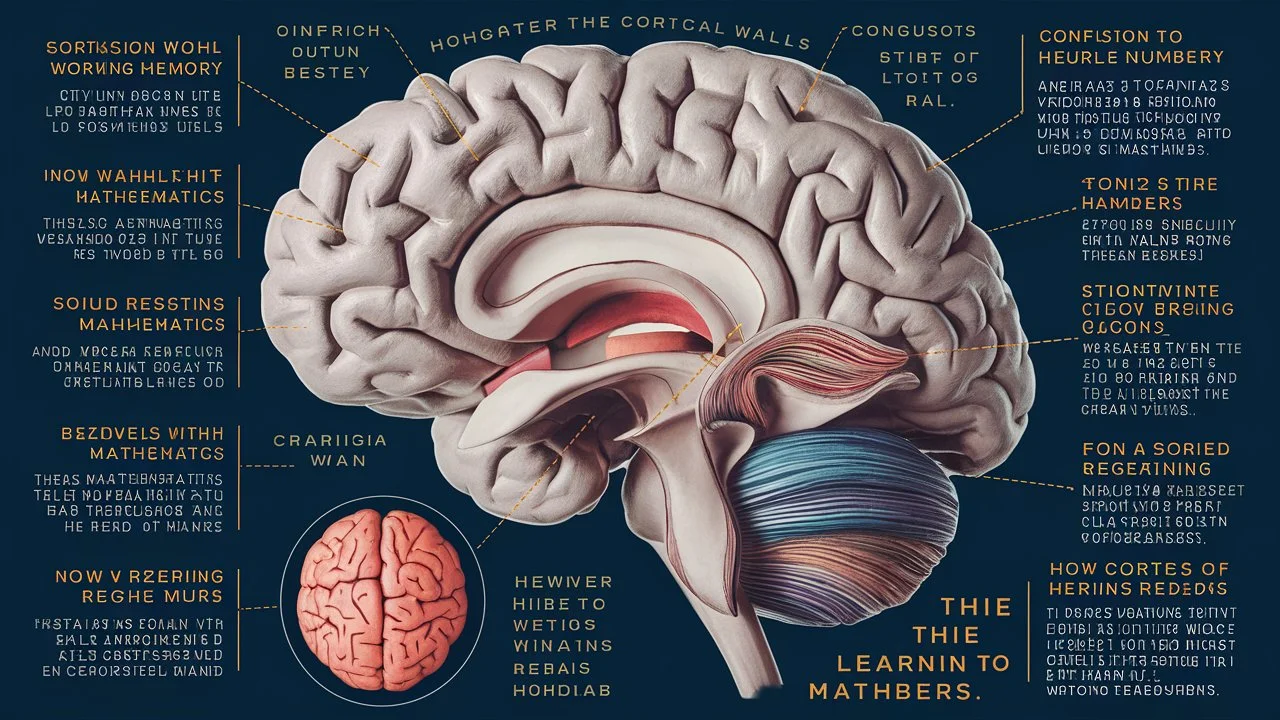the Signs of Developmental Delays in Children
Introduction
Identifying developmental delays in children early can be life-changing for both the child and family. By catching signs of developmental challenges early, you can pursue effective therapies and interventions that improve overall well-being. This article explores observable signs, cognitive indicators, and actionable steps for parents and caregivers to support children, backed by research and best practices.
Table of Contents
1. Understanding Develo-pmental Delays vs. Other Challenges
- Definitions and Distinctions: Developmental delays refer to slower-than-typical progress in areas like cognitive function, language, motor skills, and social-emotional development. They are distinct from intellectual or learning disabilities, though these categories can sometimes overlap.
- How Early Indicators Appear: Different milestones, like responding to social cues or learning to walk, may appear late. Recognizing the distinction between individual variation and delay is essential.
2. Early Warning Signs by Age Group
Each age group has unique developmental milestones that serve as indicators. Delays don’t always signify a permanent disability, but they do highlight areas for closer observation.
| Age Group | Milestones to Watch | Potential Red Flags |
|---|---|---|
| 6-12 Months | Responding to names, babbling, simple gestures | Lack of babbling, no response to sounds |
| 12-24 Months | Walking, speaking simple words, showing affection | Not walking, minimal social engagement |
| 2-3 Years | Combining words, beginning social play | Poor eye contact, delayed speech |
| 4-5 Years | Following directions, greater independence, more complex sentences | Difficulty with tasks, limited verbal expression |
| 6+ Years | Building friendships, beginning problem-solving | Behavioral outbursts, challenges with academics |
3. Recognizing Behavioral and Cognitive Indicators
Several cognitive and behavioral indicators are worth noting if they persist or become more pronounced over time.
- Cognitive Delays: Children with cognitive delays may struggle with remembering instructions, understanding concepts, and retaining information. These signs often emerge in structured settings, like school, where you may notice struggles with following directions or problem-solving.
- Social-Emotional Signs: Difficulty connecting with peers, maintaining eye contact, or understanding social cues can sometimes indicate developmental delays. These symptoms may vary in intensity and can appear early.
4. Physical and Sensory Signs to Watch For
In some cases, physical delays accompany cognitive challenges. Being aware of these can help you assess and address developmental needs more holistically.
- Gross Motor Skills: Difficulty with physical movements, like jumping or balance, can signal developmental delays. These delays may not always be linked to cognitive function but can affect self-esteem and independence.
- Fine Motor Skills: Challenges in smaller tasks, like gripping a pencil or using utensils, can also indicate potential delays. Occupational therapists often address fine motor delays.
- Sensory Sensitivities: Children with heightened or decreased sensitivity to sensory input, like textures, sounds, or lights, might struggle with developmental tasks due to sensory processing difficulties.
5. Cognitive and Developmental Assessments: When and Why They Matter
Early assessment can significantly impact a child’s development, guiding parents and professionals to the right resources.
| Assessment Type | Purpose | Typical Age |
|---|---|---|
| Developmental Screening | Basic check for cognitive, motor, and language skills | Birth to 3 years |
| Psychological Evaluation | In-depth cognitive and emotional assessment | 4 years and older |
| Occupational Therapy Evaluation | Focus on motor skills, daily function | Varies |
| Speech and Language Evaluation | Assesses language comprehension and expression | 2 years and older |
Parents should communicate concerns with pediatricians or primary care providers, who can refer for assessments that address specific developmental concerns.
6. The Role of Early Intervention in Developmental Delays
- Why Early Intervention Matters: Research confirms that timely intervention can significantly improve outcomes. Programs such as Early Head Start, speech therapy, and cognitive-behavioral therapy provide customized support based on each child’s needs.
- Resources Available: Federal and local programs offer support to families. Understanding options and advocating for services gives children the best chance for growth.
7. FAQs: Common Questions About Developmental Delays in Children
Q: Are developmental delays permanent?
A: Not necessarily. Many children catch up with appropriate support, while others benefit from continued resources.
Q: Can delays affect a child’s social life?
A: Yes. Delays can impact a child’s ability to engage with peers, which is why fostering positive social experiences and early social-emotional learning is key.
Q: What should I do if my child shows multiple signs of delay?
A: Speak with your pediatrician, who can guide you through initial screenings and recommend relevant interventions or specialists.
8. Supporting Children with Developmental Delays: Tips for Parents and Caregivers
- Create Structure and Consistency: Consistent routines help children feel secure and understand expectations, which can improve behavior and learning.
- Use Visual Supports: Visual aids, like picture schedules, can clarify daily routines, tasks, and concepts.
- Celebrate Progress: Recognizing small successes reinforces positive behaviors, building self-confidence and motivation.
Conclusion
Identifying developmental delays early enables parents and caregivers to access support and resources that can make a meaningful difference. By staying informed, remaining patient, and embracing small victories, you give children the tools they need to reach their fullest potential. Early detection and intervention provide hope and open doors to opportunities that make a lasting impact.
References:
- American Academy of Pediatrics. (2023). Developmental Delays in Children: A Resource Guide.
- Centers for Disease Control and Prevention (CDC). (2023). Developmental Monitoring and Screening for Health Professionals.
- National Institutes of Health (NIH). (2023). Cognitive Development and Delays in Young Children.







